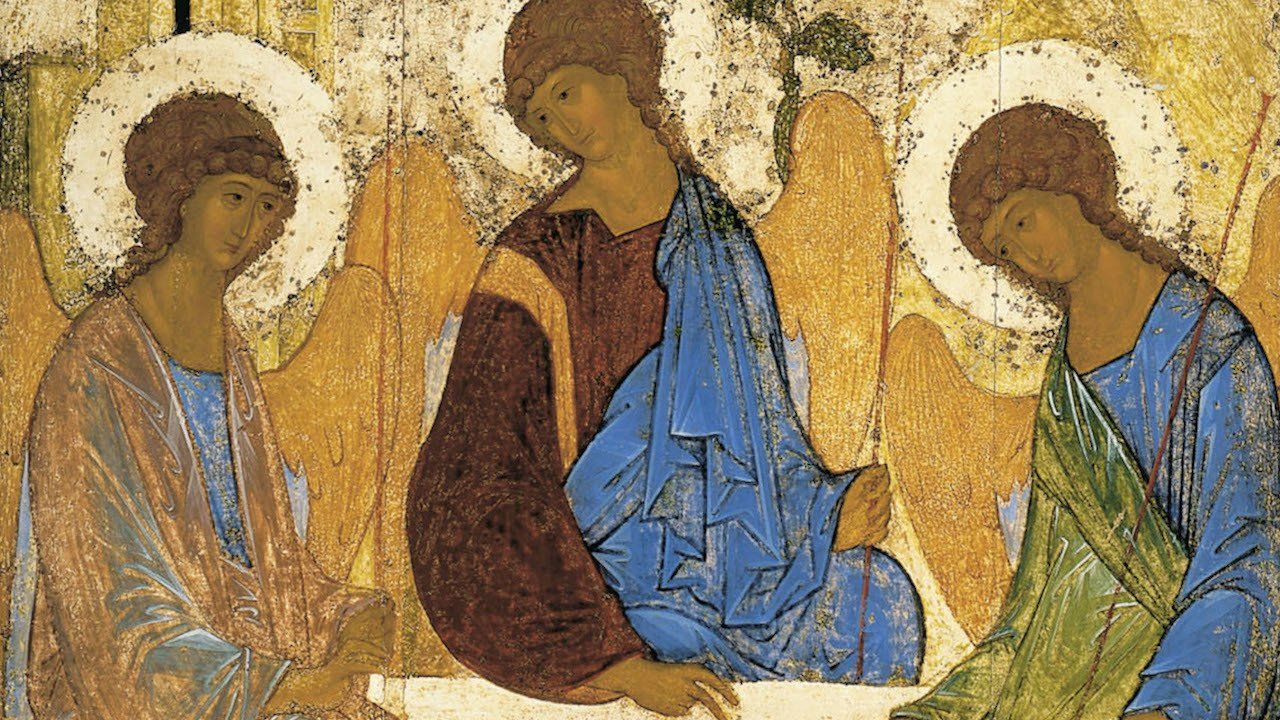OUR REFLECTIONS hitherto have directed our glance backwards to the widespread ruin left by the Western Enlightenment. But we are now faced with a serious question. What can we do, we whom Providence has placed in this situation, if we intend not to allow ourselves to drift passively down the stream of events, but rather to check this progressive decadence?
To answer this question seriously we must first of all clear up some preliminary questions which appear to be blocking the way to a solution of this fundamental problem of the age.
The first of these preliminary questions is this: is it still possible in principle to arrest a destiny so overwhelmingly powerful because it is the result of an accumulation of energy which has proceeded unchecked for three or four centuries? This is no idle question. The pessimism in both life and culture that has existed ever since the beginning of the nineteenth century is sufficient proof how far Western man has lost his old belief in the power of the mind and free will, which still dominated the eighteenth century, with its boundless confidence in reason. Contemporary fatalism, as manifested, for example, in the historical philosophy of Oswald Spengler, has proclaimed to the entire world that man must be regarded as simply the passive channel through which flows a stream of cosmic process wholly determined by natural law, which leaves no room for personal action.
If, in reaction against this conception, a handful of idealists take refuge in an equally one-sided method and attempt to hide with a few cheap idealistic declarations the tremendous burden of fatality which at present presses so hard upon us, this rash idealism is just as blind as the blind fatalism it combats. We have but to consider the difficult problems involved by the modern economic system, indeed by the entire machinery of that civilization which we serve, to realize that this potent destiny which we ourselves have prepared cannot be averted by an airy wave of the hand. Even the man who withdraws from the contemporary world into a lonely Thebaid soon discovers that the tentacles of civilization reach him even there, for the monasteries of today make use of the comforts of modern civilization, however determined their rejection of the spirit which that civilization represents.
Or consider the Machiavellian principle of autonomy accepted as the political principle of the modern state. How could a Christian statesman today absolutely reject this political bestiality, and build up his state entirely on the foundation of the Christian ideal of love? Obviously he could not, for by such an attempt either he would gravely imperil the existence of his country, or his own career as a statesman would speedily be cut short by an all-powerful public opinion.
We are therefore compelled to recognize both alike; the objective burden of destiny, on the one hand, and, on the other, the power of ideas, freedom, and personal action. But we must not ignore the constantly shifting relation in which, historically, these two factors of liberty and fate stand to one another. The opinion of Hegel, for instance, that history consists of a beeline progress towards freedom, must be emphatically rejected. There is no constancy whatever in the relationship between these two historical forces, liberty and fate. On the contrary, the latter force, fate, is always developing by its own momentum until the opposing force, freedom, seems reduced to the minimum of a mere potentiality. The marvel is that this mere potentiality of freedom though faced by a fatality grown so excessively powerful is sufficient to enable the human will to rise superior to fate, and, at times, with such catastrophic force that in one night, so to speak, it uproots the jungle of poisonous growths fostered for an entire age by a destiny whose sway had known no check. This occurs whenever personalities inspired by a fervent belief in their mission intervene at the right moment in the causally determined course of events. The example of a man like St. Francis in the thirteenth century should prove to us how erroneous is the doctrine, recently advanced by Max Scheler, that ideal factors are impotent in face of real factors; that is, we regard the former not, like Hegel, as ideas acting impersonally, but in that concrete form in which alone ideas normally take shape, namely personalities, inspired by a powerful faith, which have always been, through the world’s history, the agents of the Eternal.
We have only to look about us to find contemporary examples of the spiritual energy which at times a single man can infuse into his age. In Italy, for instance, Mussolini appeared, and Italy followed him. In Russia Lenin, and Russia abandoned the lethargy of Oriental mysticism and took his path. I am certainly not suggesting that in future the world must travel along one or other of these two routes. These two figures, both of daimonic power, are simply examples of what man’s personal will can accomplish when face to face with a destiny apparently overwhelming. They further prove that in principle nothing prevents humanity from returning to the Christian road, if hereafter personalities arise who will make the Christian spirit an effective factor in world history with that enthusiasm which alone has from the beginning accomplished the miracle of freeing man from the burden of his animal nature and leading him upwards to that hallowed summit which rises above space and time.
~Peter Wust, Crisis in the West










